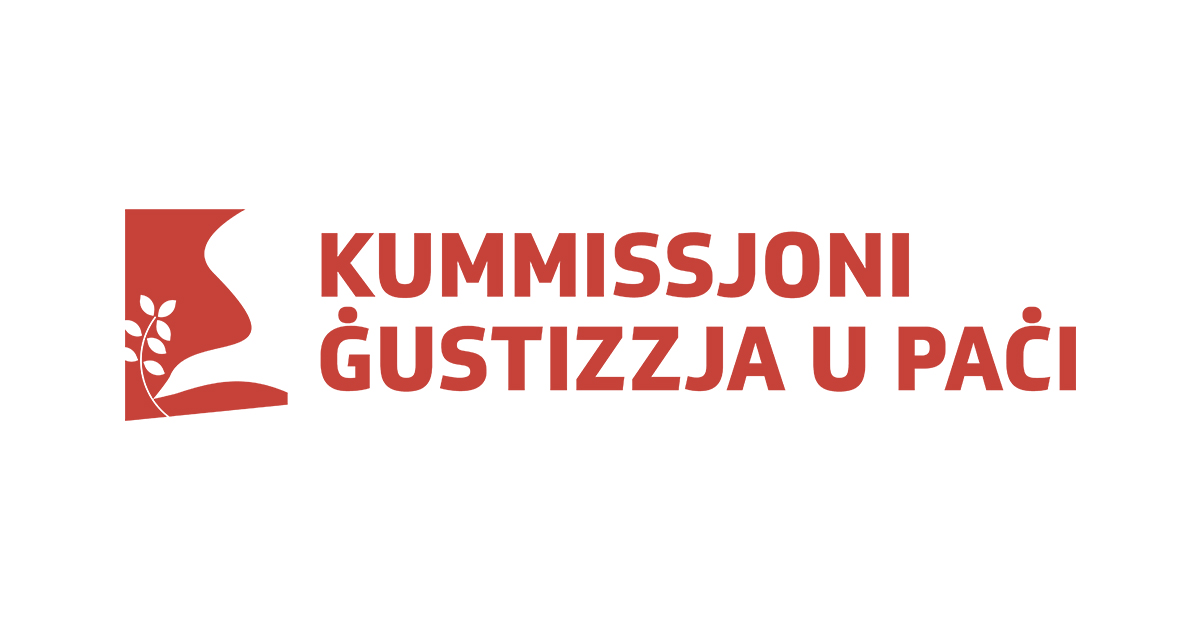“Collaboration is increasingly being seen as an important factor in the work of health and social professionals.” (Ambrose-Miller & Ashcroft, 2016, pp.101)
Poverty is one of the most significant social determinants of health and mental health, intersecting with all other determinants, including education, local social and community conditions, race/ethnicity, gender, immigration status, health and access to health care, as well as the living environment. (Simon et al., 2018). Due to its enduring nature, poverty must be persistently addressed. It is multi-dimensional, and it links with factors that are challenging to decipher. (Bonello, 2020, pp.3). In fact, such a complex social issue has multiple dimensions and impacts, with many of them associated with mental health and employment. (Fowler et al., 2019; Elliott, 2016, pp7). Hence, individuals who are expressing mental health challenges or unemployment are amongst the most vulnerable individuals and at risk of poverty and state of homelessness in Malta. (Cutajar, 2019, pp.23)
The research study “Poverty and Homelessness: Local Collaboration practices with employment and mental health” was carried out to explore and analyze the concept and practices of local collaboration between different professionals and organizations who assist individuals facing poverty, homelessness, unemployment and mental health issues. The study focused on the benefits and challenges of cross-sectoral and inter-agency collaboration. It also includes a number of recommendations aimed at addressing the multiple needs of service-users.
The methodology used for this study is based on a qualitative approach. Nine professionals who work directly in the areas of poverty, homelessness, employment or mental health were interviewed for this study.
The findings highlight the importance of local collaborative practices as beneficial tools in supporting individuals facing multiple needs related to poverty, homelessness, unemployment and mental health. The main challenges identified by the professionals who participated in this study include: duplication of services that often lead to long waiting lists, and lack of those resources – including human resources -which are needed to be able to offer a quality service and network effectively with other organizations. An element of competition between different organizations was also noticed. Furthermore, lack of communication and opportunities to meet up with different organizations are also challenges that the participants mentioned as elements which can leave a negative impact both on the professionals themselves as well as on the individuals in need of support.
The recommendations which emerge from the study include the need to have clear communication channels, more frequent meetings, and more formal agreements between different organizations. The need of more transparency among the organizations, particularly where funding is involved, is also recommended. Better communication channels would also reduce issues such as double counting and facilitate more effective sharing of resources. A common data platform which follows the necessary ethical considerations, may also be created to avoid duplication of data and the related duplication of work and services. In addition, training in networking and collaboration may also be provided to share ideas and resources and to have a proactive system rather than just being reactive to the needs of service users. This would result in a more efficient and effective use of resources, whilst minimizing professionals’ burnout, to the benefit of all stakeholders involved.
Maria Mercieca
Tutor: Ms Antonella Brincat
This dissertation was carried out by Maria Mercieca as part of the collaboration with MCAST research projects and inspired by the titles provided by the Beyond GDP report.
References:
Ambrose-Miller, W. and Ashcroft, R., 2016. Challenges Faced by Social Workers as Members of Interprofessional Collaborative Health Care Teams: Social Work, 41(2), pp.101-109.
Bonello, A., 2020. Poverty Watch Malta. [online] Eapn.eu. Available at: <https://www.eapn.eu/wp-content/uploads/2020/11/EAPN-Malta-Poverty-Watch-2020_-833.pdf> [Accessed 16 May 2022]
Cutajar, A., 2019. Homelessness. [online] Um.edu.mt. Available at: <https://www.um.edu.mt/library/oar/bitstream/123456789/78694/1/Homelessness_2019.pdf> [Accessed 7 April 2022]
Elliott, I.,2016.Poverty and Mental Health: A review to inform the Joseph Rowntree Foundation’s Anti-Poverty Strategy. London: Mental Health Foundation.
Fowler, P., Hovmand, P., Marcal, K. and Das, S., 2019. Solving Homelessness from a Complex Systems Perspective: Insights for Prevention Responses. Annual Review of Public Health, 40(1), pp.465-486.
Mamo, J.,2020 Homelessness in Malta: The current and future practices of dealing with this phenomenon.
Simon, K., et al, 2018. Addressing Poverty and Mental Illness. Psychiatric Times,[online] 35(6). Available at: <https://www.psychiatrictimes.com/view/addressingpoverty-and-mental-illness> [Accessed 29 May 2022].
Weinstein, J., Whittington, C. and Leiba, T., 2003. Collaboration in Social Work Practice.https://books.google.com.mt/books?id=cwyhd6t_iQEC&pg=PA41&source=gbs_selected_pages&cad=2#v=onepage&q&f=false



